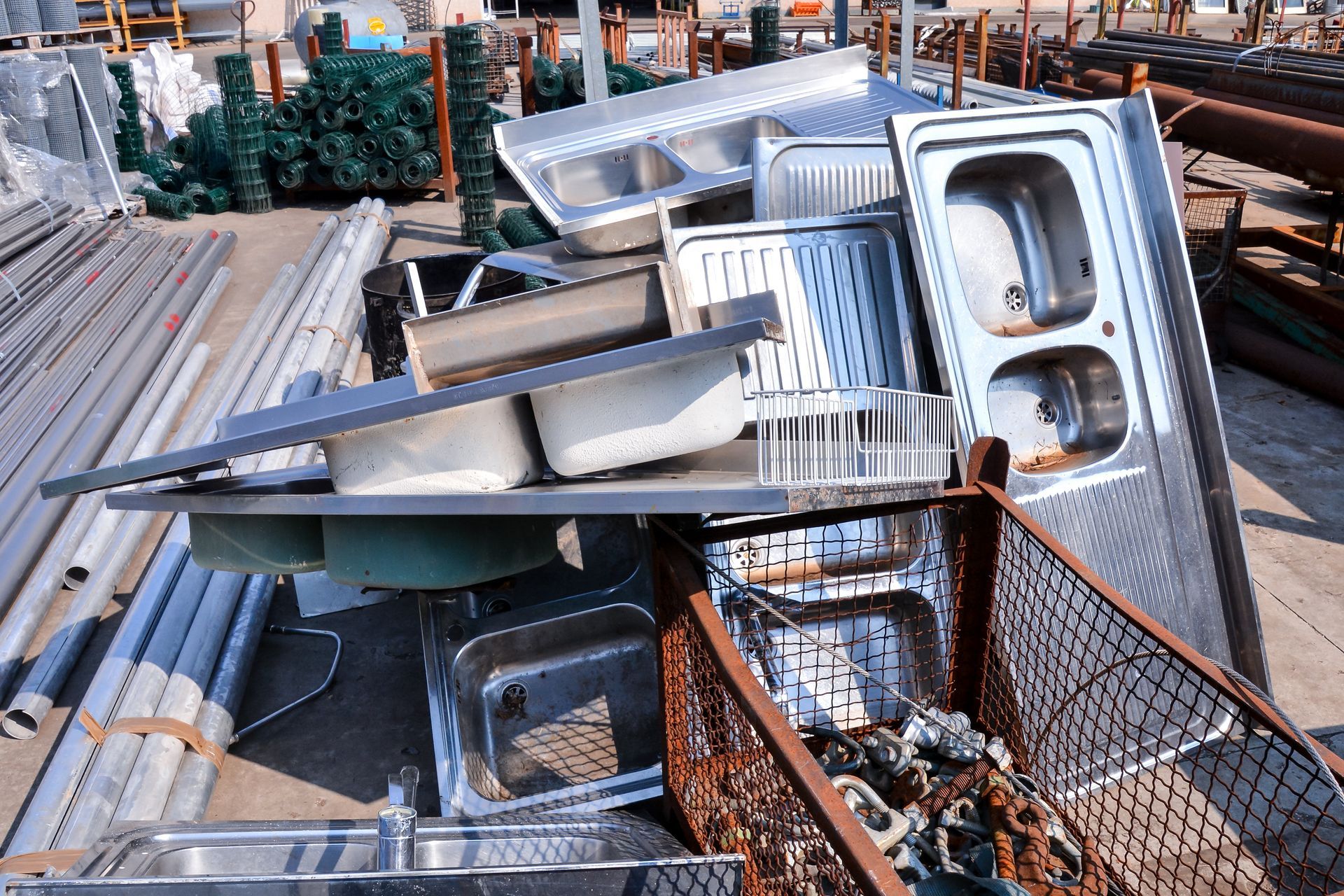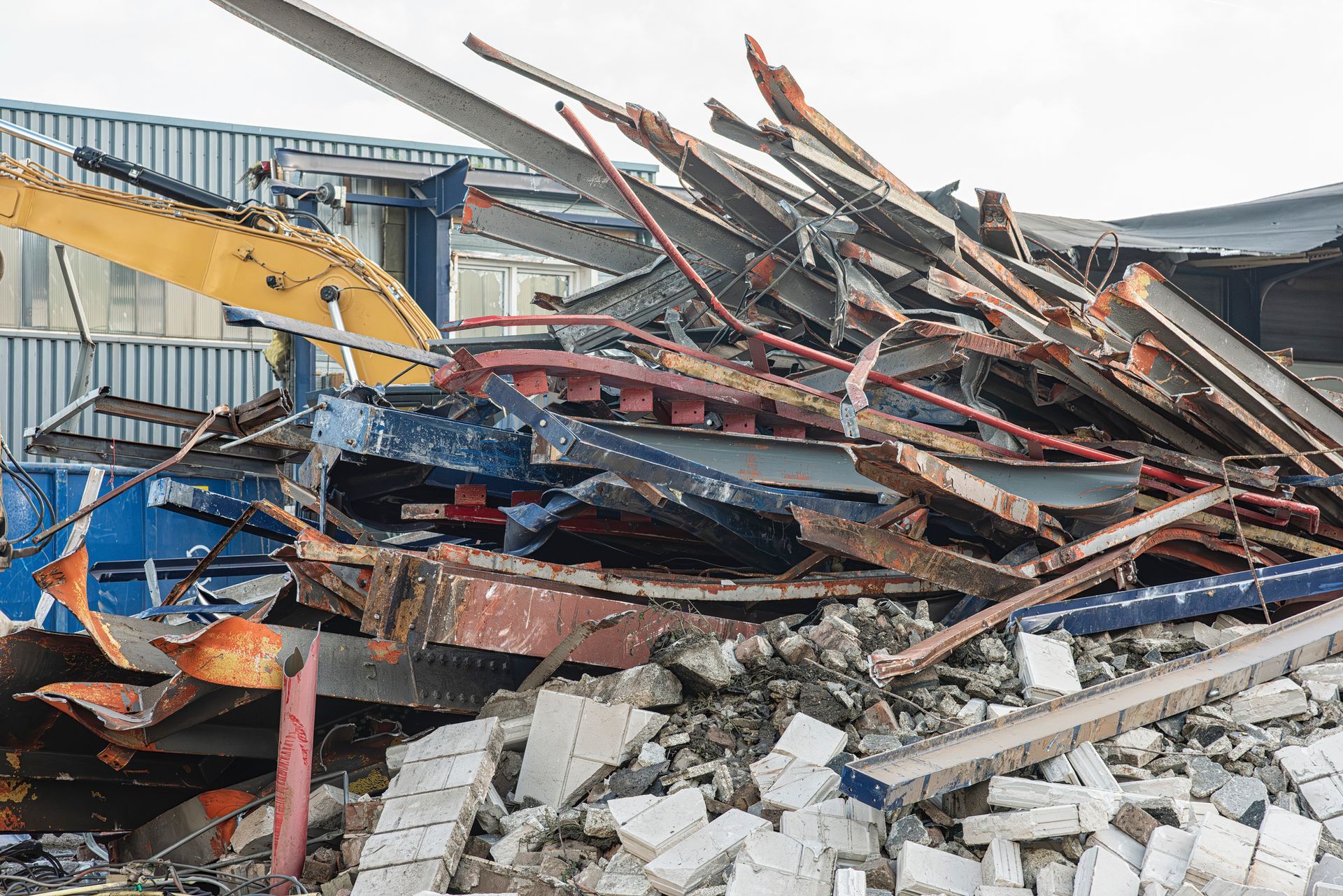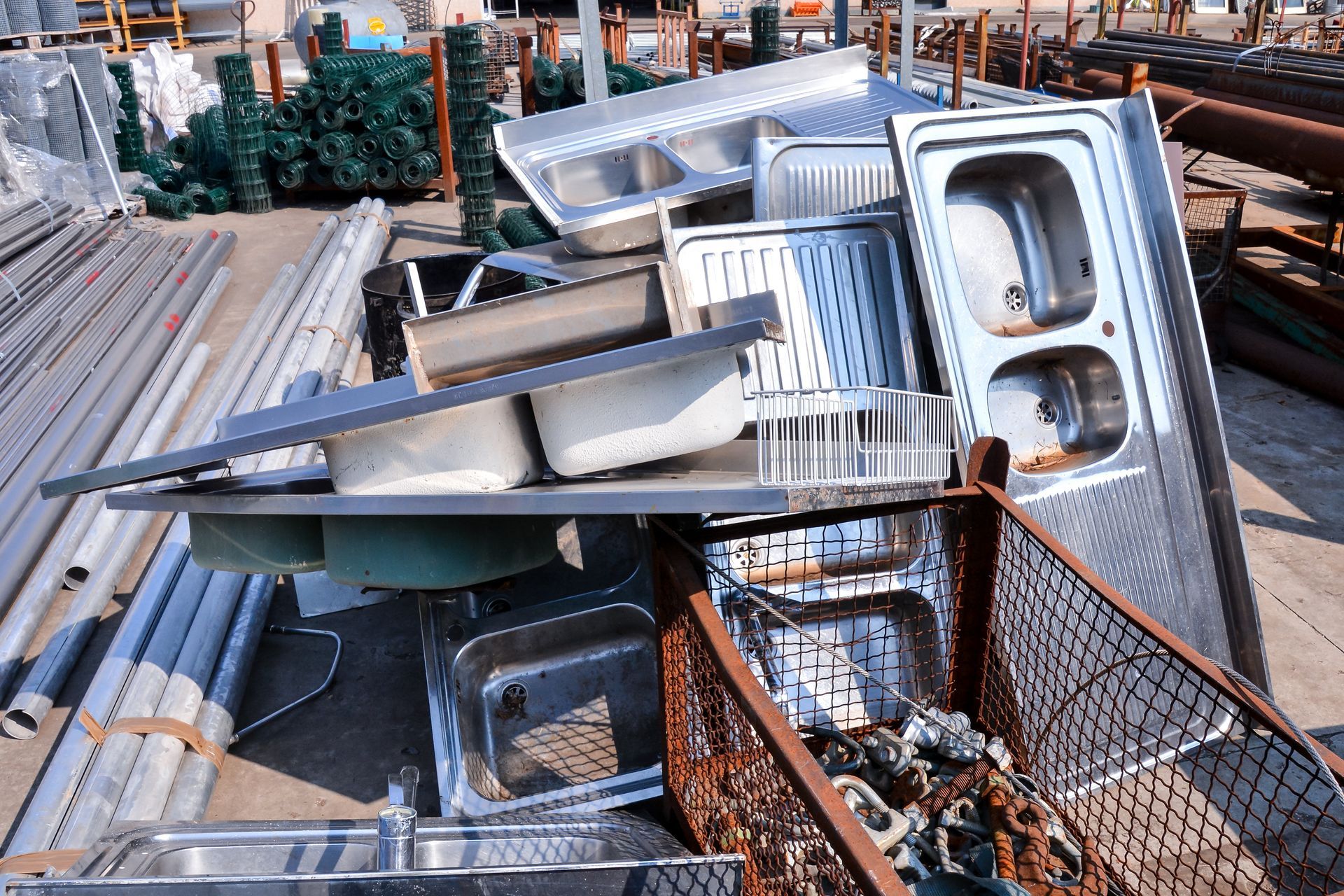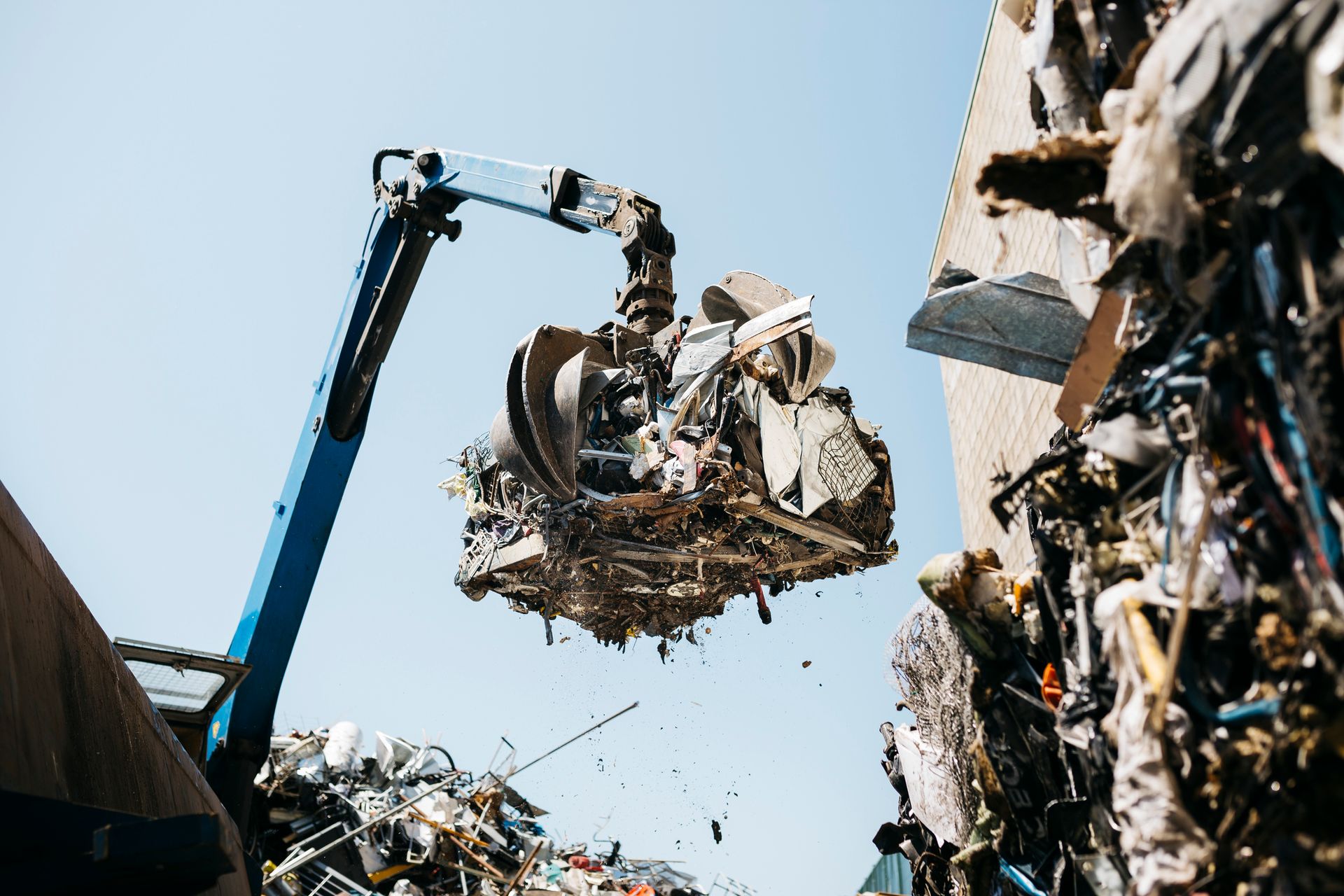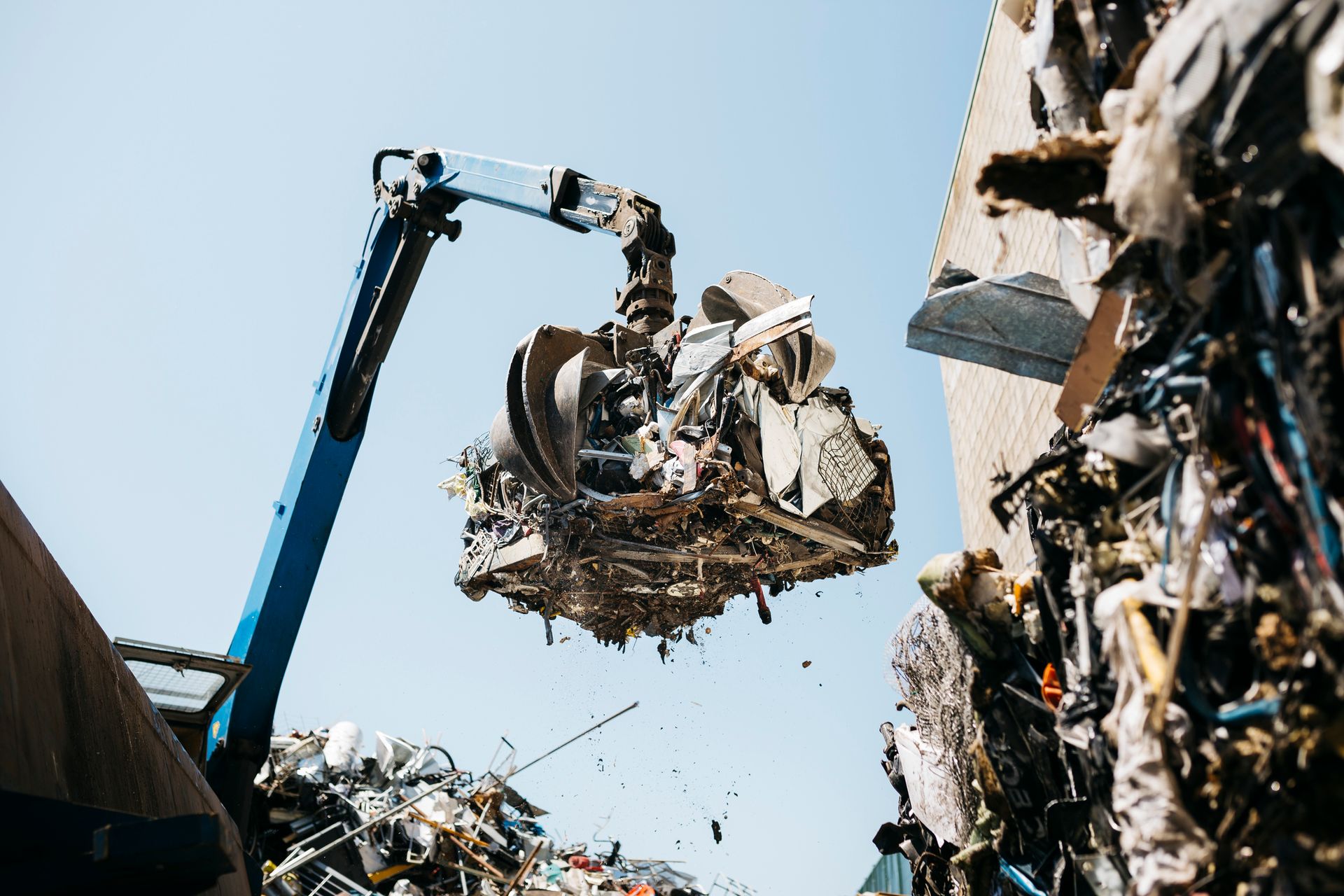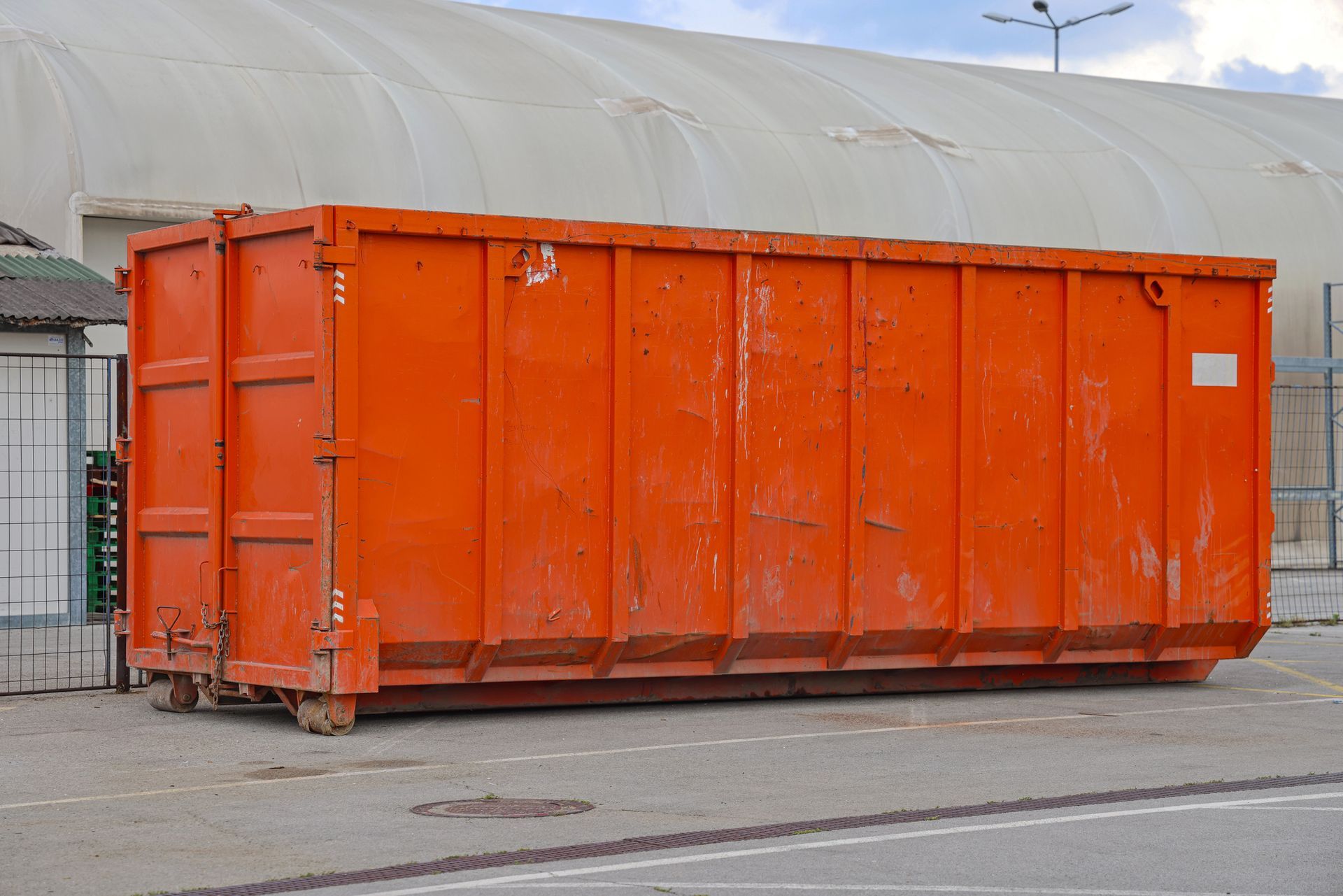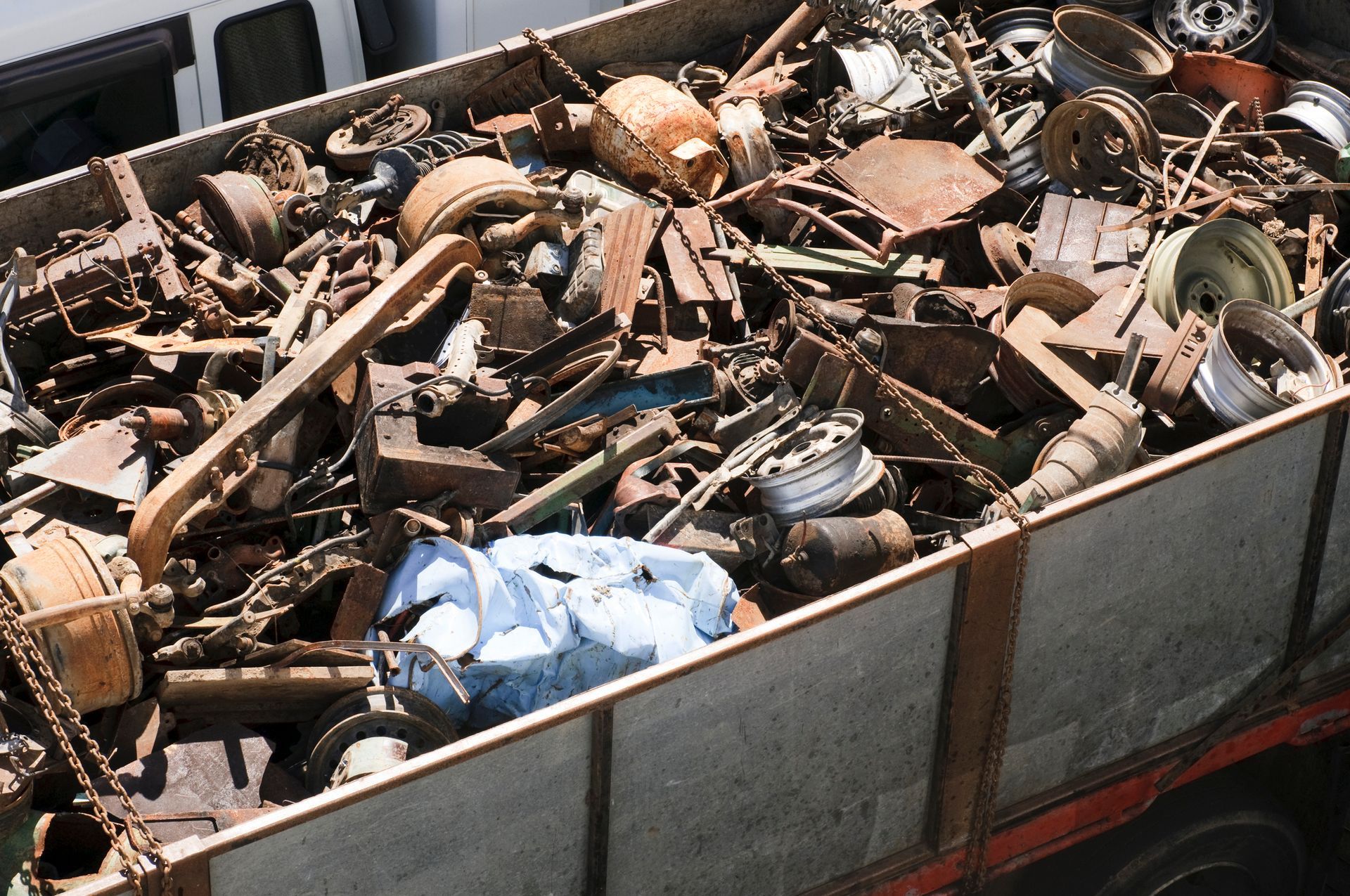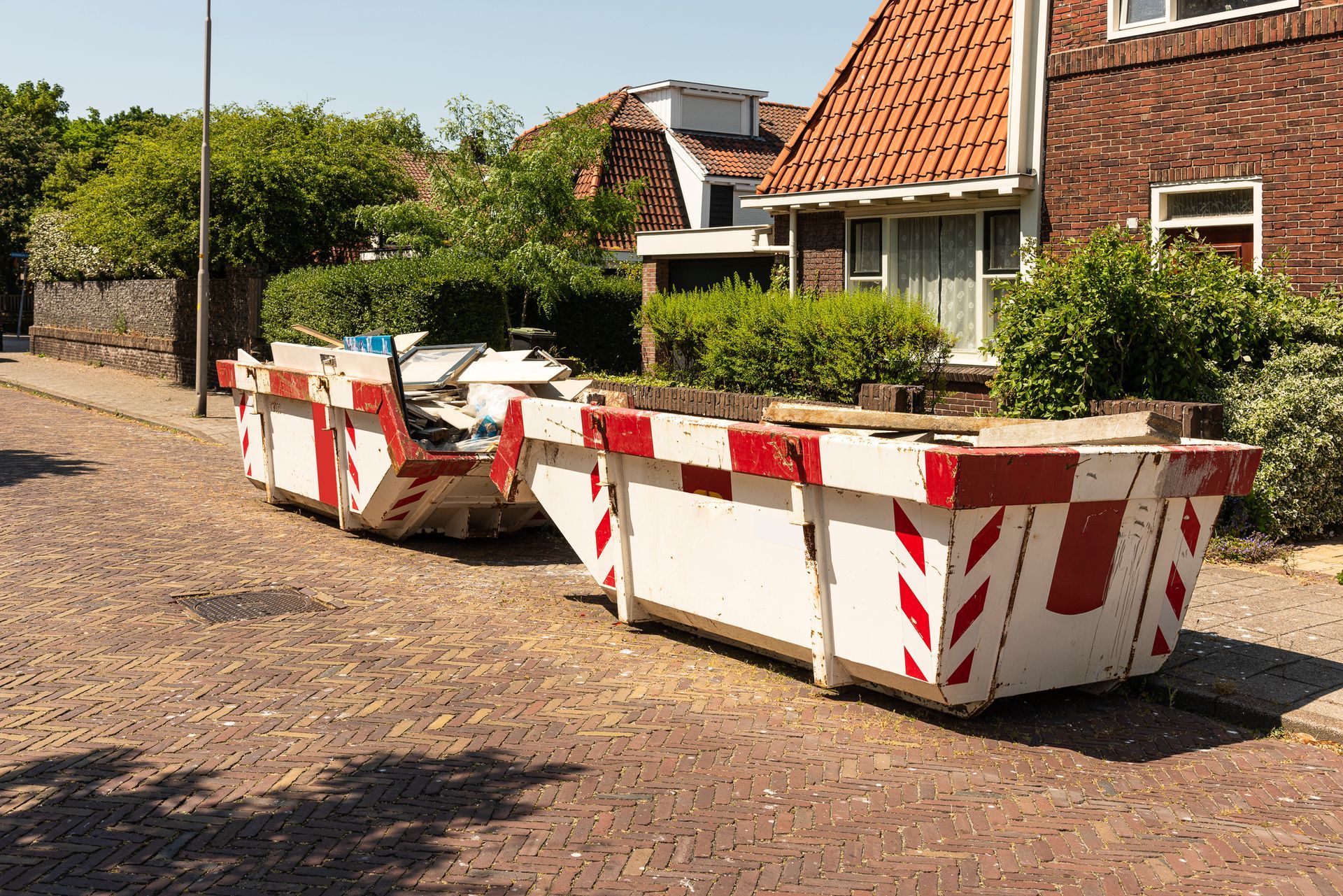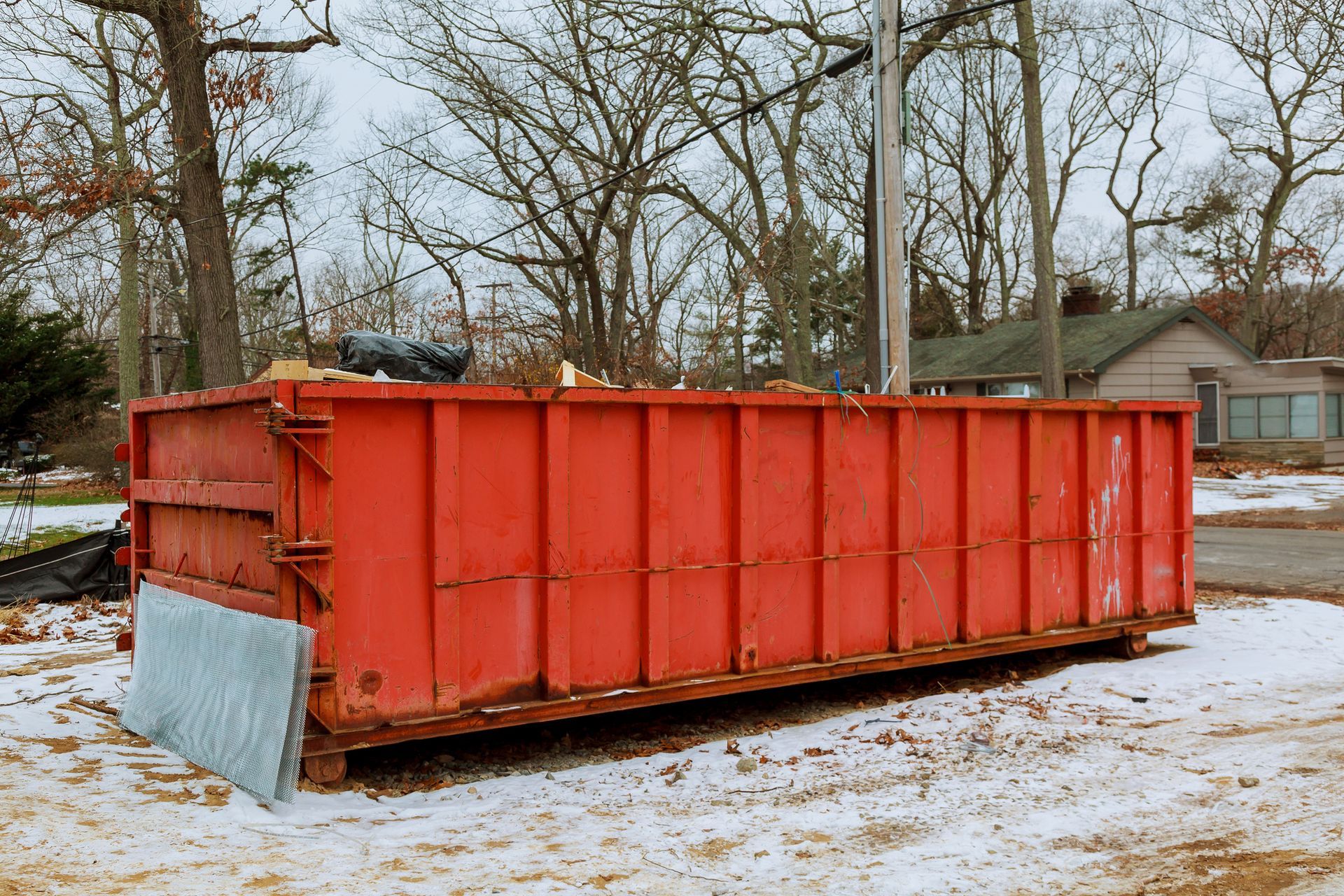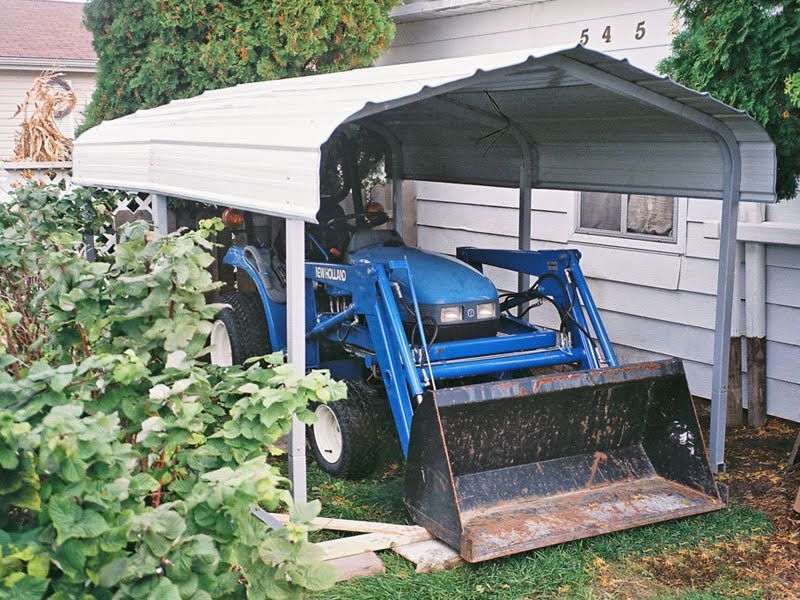The Importance of Ferrous Scrap Metal Recycling
Recycling plays a vital role in ensuring the sustainability of resources, and ferrous scrap metal is no exception. With its abundance and widespread use in industries around the globe, ferrous scrap metal has become a critical component of recycling initiatives. Understanding its significance, how it is processed, and its benefits can help industries and individuals make more informed decisions about waste management.
What Is Ferrous Scrap Metal?
Ferrous scrap metal refers to any discarded metal primarily composed of iron and steel. It is easily recognized because it is magnetic and often prone to rust when exposed to moisture and air due to its iron content. Common types include materials from construction sites, such as steel beams, old vehicles, pipes, industrial equipment, and household items like appliances.
Distinguishing ferrous metals from non-ferrous metals—like aluminum or copper—is essential during recycling. The magnetic property of ferrous metals makes them easy to separate and process during recycling operations. This distinction ensures each type of metal is handled correctly to maximize its salvage potential.
Why Recycling Ferrous Scrap Metals Matters
The importance of ferrous scrap metal recycling lies in its environmental, economic, and industrial benefits. Utilizing recycled ferrous metal decreases the need to mine virgin resources, thus conserving finite natural materials and reducing ecological footprints.
The process of extracting raw materials is energy-intensive and contributes substantially to greenhouse gas emissions. By recycling ferrous metals, industries use significantly less energy, thus helping reduce emissions and combat climate change. Furthermore, recycling also prevents these materials from occupying valuable landfill space, effectively reducing waste accumulation.
Economically, the ferrous metal recycling industry supports employment and creates a thriving market by enabling the reuse of materials. Recycled ferrous metals are utilized in manufacturing a wide array of products, contributing to cost savings and improved efficiency in production processes.
How Ferrous Scrap Metal Is Recycled
The recycling process for ferrous scrap metal begins with collection. Materials are gathered from various sources such as demolition sites, automotive repair shops, factories, and residential properties. Once collected, the materials are transported to recycling facilities where they undergo several phases of processing.
Sorting is the first step. Ferrous metals are separated from non-ferrous metals and other contaminants using advanced machinery, including magnetic separators, which easily identify the iron-rich materials.
Once sorted, the ferrous metals are shredded into smaller pieces. This increases the surface area, making them easier to melt down in subsequent phases. The shredded materials are then transported to furnaces where they are melted at high temperatures. This step produces purified liquid metal, which is poured into molds or reshaped into new steel products.
The final stage involves cooling and solidifying the newly formed metal. These materials are then supplied to industries to create new products, continuing the lifecycle of ferrous metals.
Key Applications of Recycled Ferrous Metals
Recycled ferrous metals have diverse applications across different industries. The construction industry greatly benefits from ferrous metal recycling. Steel beams, reinforcing bars, and structural reinforcements for buildings are often produced using recycled metal.
The automotive sector is another significant consumer of recycled ferrous materials. Car manufacturers frequently use recycled steel to create vehicles that meet both performance standards and sustainability goals. Similarly, white goods—like refrigerators and washing machines—and industrial machinery are often produced using recycled ferrous metals.
Infrastructure projects also rely heavily on recycled steel for bridges, rail systems, and utility structures. The versatility, strength, and cost-efficiency of recycled materials make them a preferred choice in these large-scale applications.
Challenges in Ferrous Scrap Metal Recycling
Despite its significant benefits, ferrous scrap metal recycling is not without challenges. Contamination is a common issue encountered during the recycling process. Paint, coatings, and non-metallic materials interfere with sorting and melting, potentially compromising the quality of recycled products.
Another challenge lies in collection logistics. Ensuring a consistent supply of ferrous scrap metal requires effective collection systems and public cooperation.
Many individuals and businesses are unaware of recycling opportunities or lack access to convenient drop-off locations, resulting in valuable materials being discarded.
Additionally, fluctuations in global markets and metal prices can affect the profitability of recycling operations. These economic variables can influence the availability of demand for recycled products, presenting risks to both recyclers and manufacturers.
The Way Forward for Ferrous Metal Recycling
To overcome the challenges in ferrous scrap metal recycling, collaborative efforts between governments, industries, and individuals are essential. Public awareness campaigns can educate communities about the importance of recycling ferrous materials and encourage participation. Offering incentives, providing accessible recycling points, and improving collection systems can further bolster efforts.
Making a Lasting Impact Through Recycling
The recycling of ferrous scrap metal is more than a waste management practice—it is a solution that contributes to environmental preservation, economic resilience, and industrial innovation. By integrating sustainable resource management practices and supporting recycling initiatives, both industries and individuals have the power to make a lasting impact on the planet.
It is crucial to recognize that every piece of steel beam, pipe, or discarded vehicle has potential far beyond its initial use. Recycling transforms these items into valuable resources, reducing demand for virgin materials and minimizing environmental harm. Moving forward, prioritizing ferrous scrap metal recycling will not only foster efficiency within industries but also pave the way for a sustainable and resource-conscious future. Contact our team today to learn more.

